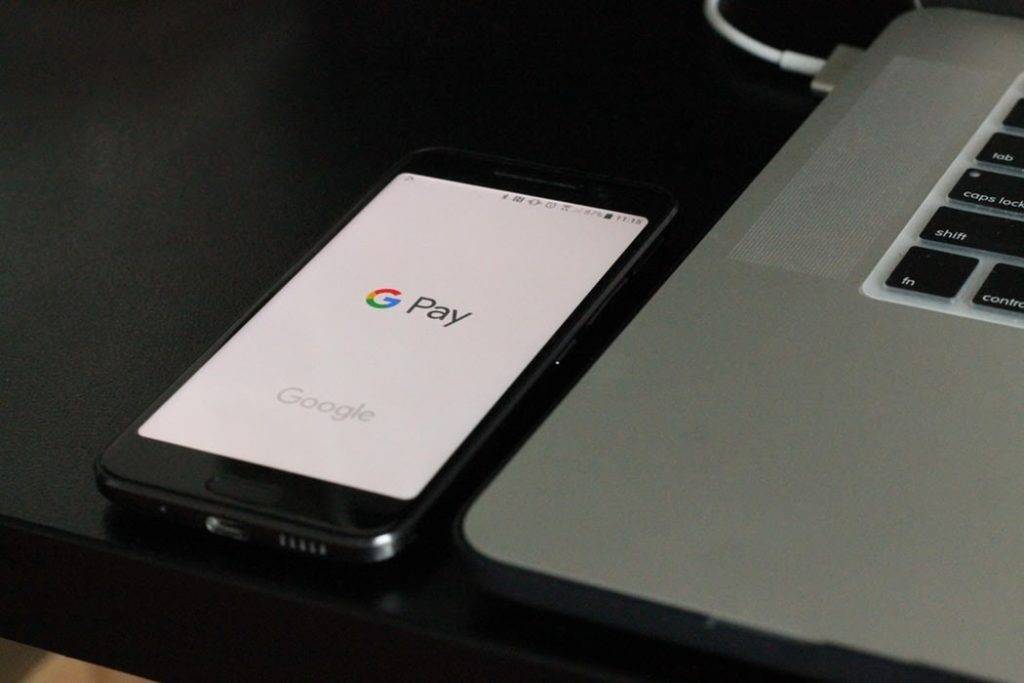If you’re struggling with due payments, then your business invoicing system needs an upgrade. And if you optimize your invoicing procedure, you’ll see a positive effect on your business. You need to create an invoicing structure that will allow you to track and prepare invoices professionally and quickly.
In fact, as a small business owner or a freelancer, issuing invoices is a crucial part of your operation. That’s why we’re sharing the most successful ways that can help you manage your business invoicing.
1. Create an Invoice Payment Policy

It’s hard to achieve any goal if you don’t have a plan in place. Hence, creating an invoice payment policy will provide you with the necessary framework. However, drafting an invoice payment policy can be tricky, and you can find some useful information here.
The main provisions you should focus on are:
- Industry benchmarks
- Short and long term payments
- Split invoicing (if you want to include this as an option)
- Invoicing due dates
- Legal remedies
Drafting an invoice payment policy will help you set expectations for you and your customers. If your invoice payment policy is simple and clear, you will know how to handle each financial situation. And your clients will be aware of the next steps, as well.
Furthermore, you should also include the necessary legal remedies in case your invoices are not getting paid. As a small business owner, you should always be prepared for any scenario. Financial or legal.
2. Automate the Billing Process

Automating the billing process should be the first thing on your list as a business owner. And acquiring online accounting software should do the job.
We don’t recommend you to give up paper accounting completely. However, we do recommend you to use it as a backup and do your primary accounting with the help of the software. Thankfully, you can find many competent accounting software companies on the market today:
- CheckYa
- Zoho Books
- Wave
- FreshBooks
- DEAR Systems
- QuickBooks
- Odoo
- Deltek Vision
Accounting software has many benefits. You can schedule and prepare your invoices in a matter of minutes. Additionally, you can send reminders, follow-ups, and notices to your clients if the invoice is due. More than 70 percent of small businesses use accounting software for invoicing. The software is easy, convenient, and most importantly, it minimizes the room for error.
3. Send Quotes & Invoices (Written & Digital)

As a business owner, you must be aware that having a good relationship with your clients and business partners has vital importance for the growth of your company. Hence, sending your clients written and digital quotes/invoices is a way you can accommodate them. Plus, you’ll keep a better track of your business invoicing.
The main reason for this is managing expectations. You should send quotes that outline:
- Services/goods/products
- Item price
- Payment terms
That way, you don’t leave room for misunderstandings. A professional quote would also include a variety of payment methods.
Furthermore, by setting expectations in advance, your clients will have a better understanding of the whole procedure. And once they can accept your offer in writing, the quote is binding for both parties.
Documenting everything can be a tedious task, but it can save you money and time in the future. That’s why we’re recommending you to have two sets of records, digital and written. And you should extend the same courtesy to your clients and partners.
4. Review the Terms and Conditions

Reviewing the terms and conditions of any agreement is wise, but brushing up on your own is crucial. And not every client is created equal. Hence, sometimes you’re going to change the rules.
For example, when you’re working with a significant client that wants better payment terms, an extended due date or a different payment method.
That’s why you need to review and revise your terms and conditions with each client. If you’re an organizational wizard, you can even draft different clauses that work for any forthcoming situation. That way, you’ll always be prepared and edit the terms and conditions promptly.
While we’re on the subject, we would also recommend you to set short payment terms. Each industry has a standard due date, and in general, it’s 30 days.
However, you don’t have to feel obliged to follow it. On the contrary, you should choose the due date that works best for your business.
5. Implement a Numbering System

Almost each of these tips comes down to developing your practical organizational skills. And implementing a numbering system will help you keep track of your invoices, obligations, and financial systems. As a small business owner or a freelancer, you know that you need to stay ahead of the curve. And implementing a numbering system can help you.
For example, keeping track of incoming payments will be handy when you need to file for taxes. And you can develop your own system, with letters, numbers, or both, to mark each invoice according to clients, types of services or goods.
One trick that financial experts recommend is to avoid the “001” mark for your first invoice. The reason is purely reputational. If you start numbering your invoices with a higher number, it will show that you have already worked with other clients. According to the director of product marketing at FreshBooks, Faraz Shafaghi, it will help you look more professional.
6. Build Strong Relationships with Your Clients

If you focus your time and effort on building strong relationships with your clients, you’ll have a lot of benefits, and not just paid invoices. Understanding the needs of your clients and taking the time to respond to their requests or concerns will win them over. Your company might land a long-term contract or a recommendation.
Go the extra mile and send your clients an itemized invoice. Having an overview will put them at ease, and they’ll be happy to respect your payment term. Furthermore, after sending a friendly reminder, you should take the time to consult with your clients and ask them if they’re happy with your service and price. That will give them a chance to voice any concerns or explain why the invoice is due and when to expect payment.
Friendly and trustworthy people that fulfill their obligations will always get paid first. And you want to be in that category, especially if you’re a small business that needs constant cash flow.
7. Make the Payment Process Simple & Easy

Your online payment system should be simple. And the payment process should be easy and intuitive. Providing your clients with various payment methods will give them flexibility, and it might get your invoice paid before its due date. Online payment is a must in 2020. On average, invoices that provide people with an online payment method get paid seven days faster.
Furthermore, you should also consider offering:
- Direct Deposit
- Paper Checks
- Credit Card Account
- PayPal
- Stripe
- Transferwise
If providing all of the above puts a strain on your business, you can consider limiting your business invoicing only to online payment methods. However, choosing the right approach depends on your industry and client base.
In the last couple of years, small businesses also started accepting bitcoins and other cryptocurrencies as payment for their goods and services. However, if you’re not fond of the crypto volatility, you might want to avoid this option.
Managing a small business can be a stressful and challenging job. And invoicing is an integral part of that process. However, implementing the tips we shared in this article might make it easier for you in the future.
Did you find this blog helpful for your business? Want more weekly insights to help grow your small business faster? Sign up below for our upcoming newsletter for free packed with curated tips and strategies to generate additional income!



